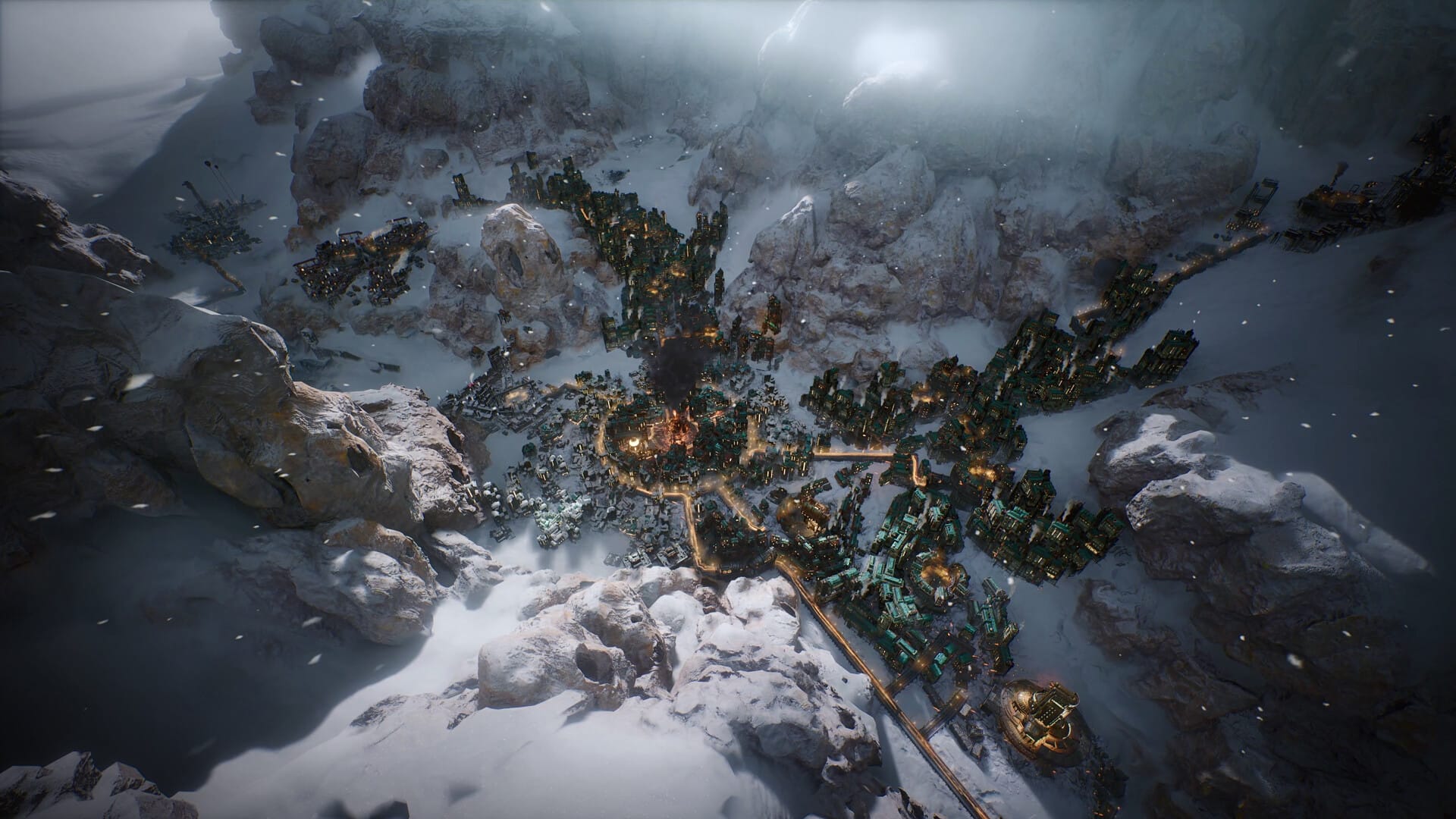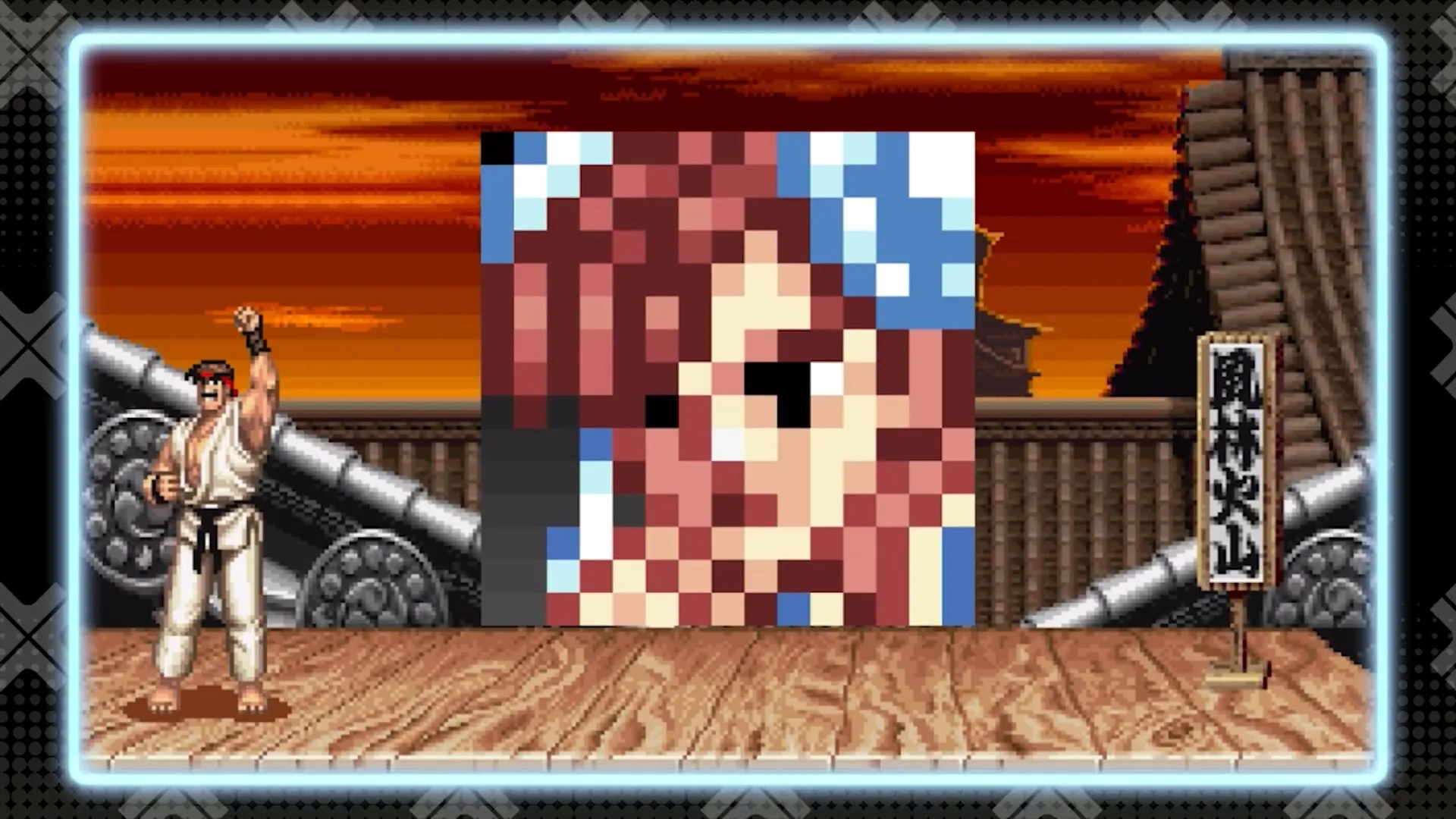You simply cannot believe how things have gotten to this point. Creeping in the shadows, under a raging thunderstorm, you begin to wonder why you are doing this. Your thoughts are suddenly put aside as you catch a glimpse of your target. He needs to die. On one hand, you could slip by security and stab him in the back. On the other, you could simply push him off the edge of the balcony he is so nonchalantly sitting on. Or, why not just give his rival a chance to get some revenge and not get your hands dirty? None the matter. You are here to succeed with your mission and time is of the essence. You clear your mind of doubts and dive into action.
Decisions are the core of Dishonored, a first person stealth action game from Arkane Studios. Choices which you act out yourself and go beyond simple menu selections. Like whether you want to take a stealthy approach, go all out as a murderous psychopath or act out a mix of the two. It’s all completely up to you. Dishonored offers you the tools to take the approach you feel like taking, if you are willing to live with the consequences. Will the city be further corrupted by your actions or will you be hailed as a hero in a desperate time of need?
You play as Corvo, an imperial bodyguard coming back from an excursion in foreign lands. Upon getting back home, he is framed for the Empress’ murder and the kidnapping of her daughter, now heir to the throne. Thrown in jail and sentenced to death, he is sprung by a mysterious group and must use his skills as an assassin to not only bring justice and save the city from a plague, but to regain honor and clean his tarnished name. He has the usual tools of the trade in his disposal, like a revolver, a sword and tranquilizer or plain darts. There’s a host weapons to find, steal or construct and most of your arsenal is open for upgrades that are available once you obtain certain schematics hidden everywhere. As the story progresses, supernatural powers come into play, branching out depending on your style of play.
Regardless of how cliché the story starts out and how predictably it is conducted throughout the game, the world it takes place in is absolutely amazing. The fiction that wraps around the city of Dunwall is easily one of the most well developed in a while. It bleeds into the world design and through the many books you can find throughout Dunwall, a city that lives and breathes on technology very akin to the Victorian period, run by whale oil. There’s a touch of magic, provided by Corvo’s mysterious benefactor and modern devices like security systems that stand between targets and your knife.
These modern security systems are spread throughout the city and come in a variety of forms. Along with alarms, the most common and deadly of these is the wall of light, which burns to a crisp any intruders who are clumsy enough to stumble upon it. Fortunately, these machines can be deactivated or turned against its owners, if you are ingenious enough to find its power supply or control box. Each solution carries a different consequence. That balance plays a huge part not only in how you approach these pieces of technology, but in all other aspects of the game. This moral compass is represented by how chaotic the city becomes. Depending on how you deal with other inhabitants, more chaos might engulf the city, turning it increasingly sicker and more dangerous to sneak around, leading to a darker story resolution.
Dishonored’s stealth works well in most situations. Guards have a field of vision that is usually pointed straight ahead as they move or stand around. Hiding in shadows, being quiet and crouching behind sentries usually guarantees you won’t be seen, although there are a few moments when you’d think you are hidden and be spotted. On other times, you might be on plain sight, right next to a sentry, and he will walk right past you. The addition of some sort of clue as to whether or not you are hidden, like a different screen tint or an UI meter would’ve made this issue irrelevant. As in most artificial intelligence scripted games, there are ways to counteract these flaws, which in Dishonored’s case is to use buildings and structures as vertical hiding spots. Combat situations can quickly grow out of hand if you are not careful, thanks to the variety of enemies you will find in your missions, some formidably good with guns, others, weak and sick and dangerous in numbers. Hiding dead bodies or otherwise unconscious persons is also important, and count towards mission results and overall guard alertness throughout a stage. Getting rid of corpses is made easy if you choose to take a darker path with your powers, thanks to an ability you can purchase that simply dissolves anyone left in your way.
Magic powers can be bought and upgraded by spending Runes that are hidden in just about every section of the city and are tracked by a wicked looking and positively disgusting mechanical heart that beats faster and faster the closer you are to a hidden object. Each power has two tiers and they are clearly divided between a light and dark path based on the way you choose to play the game in. The more useful of these are dependant on how you decide to approach Dishonored. Personally, I’m a non-lethal stealth nut, so I stuck with powers that benefited my play style, like Dark Vision, which lets Corvo see through walls, highlighting whoever and whatever sits on the other side, and Blink, a traversal jump that’s vital for the aforementioned vertical stealth.
Not all of the collectible objects you find are runes. Along with potions and food, there some are the so called Bone Charms that add to Corvo’s abilities. These give him special perks such as quieter sneaking or stronger healing from potions, and can be tracked with the heart along with the Runes. Hunting these power ups goes beyond pure greed and often work as a way of discovering new paths and opportunities during missions. In one case, finding a particular Rune will show you an alternate entrance to an important mission location that is otherwise hidden and out of the main path.
Listening in to other characters talking among themselves is also crucial to discovering alternate ways to finishing missions. Besides eavesdropping, you can use the clockwork heart as a listening tool for a person’s thoughts if you point it at a person of interest. The dialogue and thoughts of characters in the game also reflect your actions throughout the game and work extremely well in giving you an idea on how the city sees Corvo. On the other hand, there are only a handful of throwaway lines spouted out by guards when they just out patrolling. These lines quickly turn repetitive and are sometimes so out of context that they just sound plain silly. The overall quality of the voice acting is superb though, thanks to some talented actors who lend their tones to the game and don’t over-deliver their performances. Their acting is so good it’s hard to recognize them just from listening to them talk and some names may come as a surprise if you pay attention to the credits roll.
The combination of story and gameplay only works if the other aspects of a game are well developed and treated with the same amount of care. The art direction in Dishonored is gorgeous. Character designs are exaggerated and cartoony, and very well animated. The city-state of Dunwall is a character in itself and makes for a great setting. It’s lovingly built and detailed, littered with political and wanted posters, humanly dirtied up and simply grotesque at spots, like a city suffering from a deathly plague would be. Different sections of town feel unique and the contrast and mix between the filth and the pompous makes each slice of the game extremely atmospheric and memorable.
Regardless of Dishonored’s issues, that mainly involve some stealth design and its too predictable of a story, there’s much to enjoy in Dishonored. From the lived in world feel and its incredibly reach backstory, to all its gameplay possibilities, this is one incredible game. With missions that can take you anywhere from twenty minutes to two hours to finish depending on your approach and numerous secrets you discover, every play through is its own contained experience. Dishonored is simply one of the best and most atmospheric games out this year. This is one choice that’s very easy to make.








